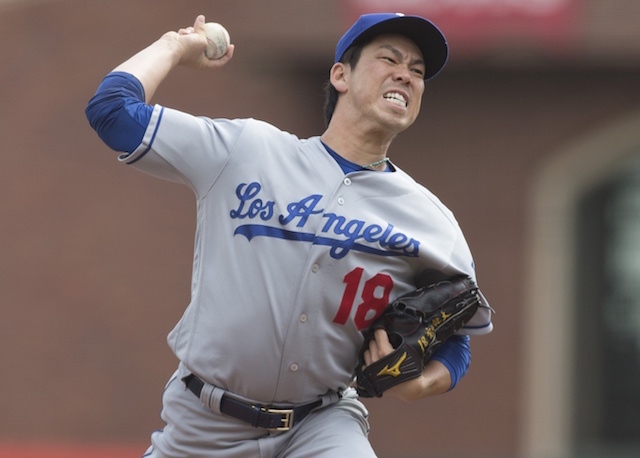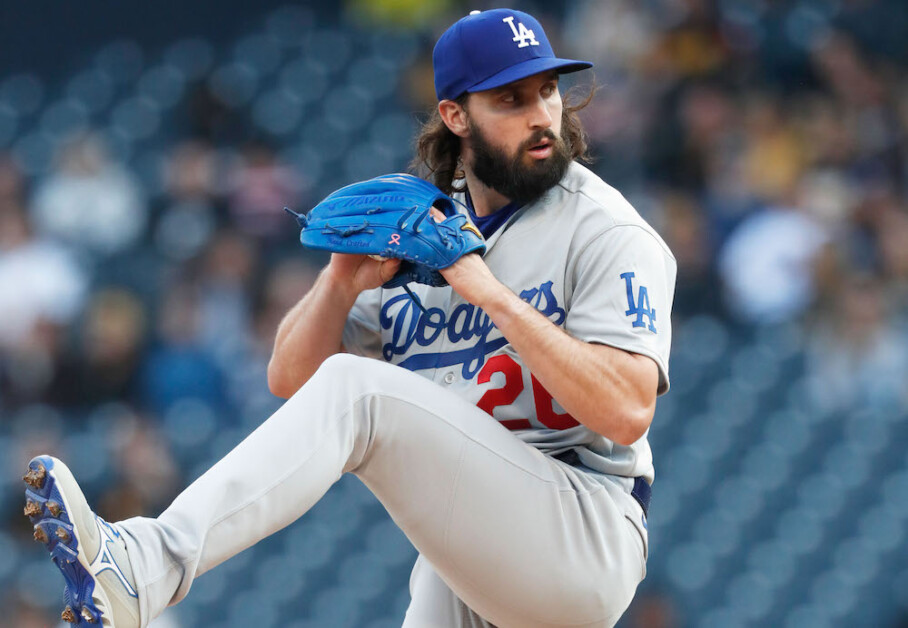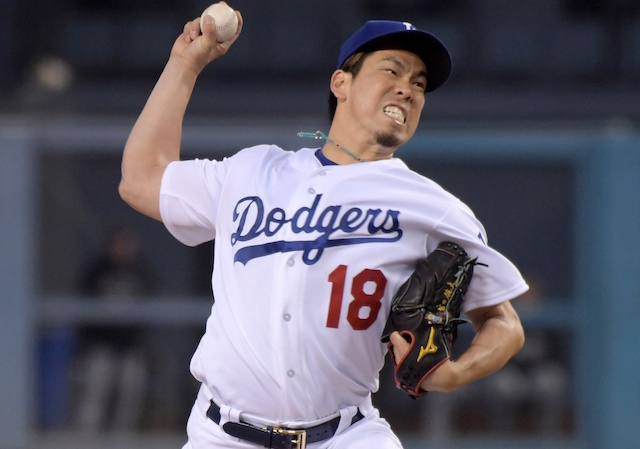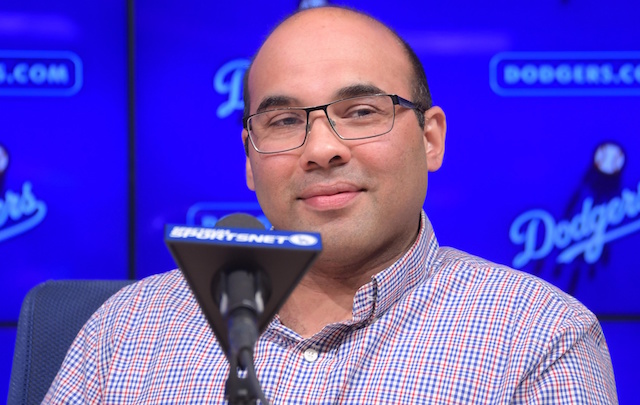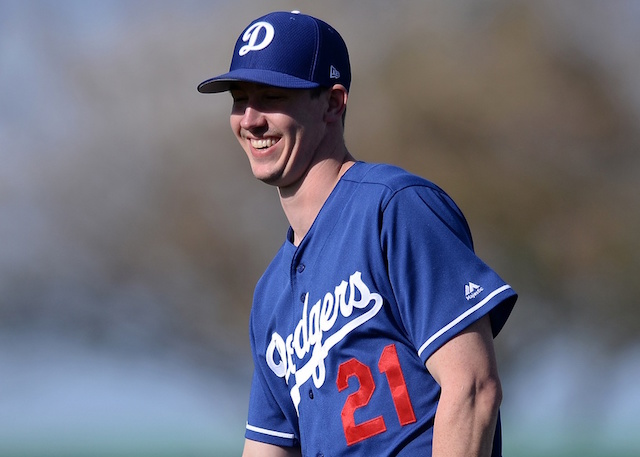After another disappointing early exit from the playoffs, the Los Angeles Dodgers’ offseason largely began as expected. Zack Greinke and Howie Kendrick rejected the qualifying offer and reached free agency, while Brett Anderson accepted the one-year pact.
While Los Angeles was viewed as the prohibitive favorite to re-sign Greinke, he made a stunning late decision to sign a six-year, $206.5 million contract with the Arizona Diamondbacks. After other starters came off the market, the Dodgers signed Scott Kazmir and Kenta Maeda.
But that wasn’t without first agreeing to a three-year, $45 million contract with Hisashi Iwakuma. Los Angeles backed away from the deal after seeing the results of Iwakuma’s physical, and he re-signed with the Seattle Mariners.
Although the situation was not unprecedented, there was an element of shock to how the situation unfolded. Surprise also set in when the Dodgers announced their deal with Maeda was for eight years and a base salary of $25 million. He received a $1 million signing bonus.
The Dodgers are also responsible for a $20 million release fee payable to the Hiroshima Carp, which is spread out over 18 months since January 2016.
As the top pitcher in Japan over recent seasons, Maeda was expected to garner a substantial contract. What was only described as “irregularities” were found in his physical, explaining the incentive-laden contract.
Dodgers president of baseball operations Andrew Friedman repeatedly stated the club would have no qualms over paying more than Maeda’s guaranteed annual salary as it would likely equate to on-field production.
Unbeknownst to Friedman, Maeda would go on to become the workhorse for a starting rotation that was led by Clayton Kershaw. The right-hander managed to remain healthy throughout the season while countless others were rotated on and off the disabled list.
Maeda led the team in starts (32), innings pitched (175.2) and strikeouts (179). Aside from a bonus that came with making the Opening Day roster, he was eligible to earn additional salary for starts made and innings pitched.
Maeda’s ballyhooed regular-season finale on Sunday triggered a $1.5 million bonus. The Dodgers swapped the order of their pitching probables so that Maeda would make two starts prior to the regular season concluding.
He said the decision was due to a preference of pitching in a live game as opposed to a simulated game. Roberts strongly stated Maeda deserved to be compensated for his work.
Ultimately, the 28-year-old earned $8.9 million in bonuses this season. Had Maeda managed to go seven frames on Sunday, he would have earned an additional $250,000 for reaching 180 innings pitched this season. Complete breakdown (in chronological order) of his bonuses below.
| Date | Amount | Performance Bonus |
|---|---|---|
| April 4 | $150,000 | Opening Day roster |
| June 25 | $1,000,000 | 15 games started |
| June 30 | $250,000 | 90 innings pitched |
| July 10 | $250,000 | 100 innings pitched |
| July 23 | $1,000,000 | 20 games started |
| July 23 | $250,000 | 110 innings pitched |
| July 29 | $250,000 | 120 innings pitched |
| Aug. 9 | $250,000 | 130 innings pitched |
| Aug. 23 | $1,500,000 | 25 games started |
| Aug. 23 | $250,000 | 140 innings pitched |
| Sept. 5 | $250,000 | 150 innings pitched |
| Sept. 16 | $250,000 | 160 innings pitched |
| Sept. 21 | $1,500,000 | 30 games started |
| Sept. 27 | $250,000 | 170 innings pitched |
| Oct. 2 | $1,500,000 | 32 games started |



